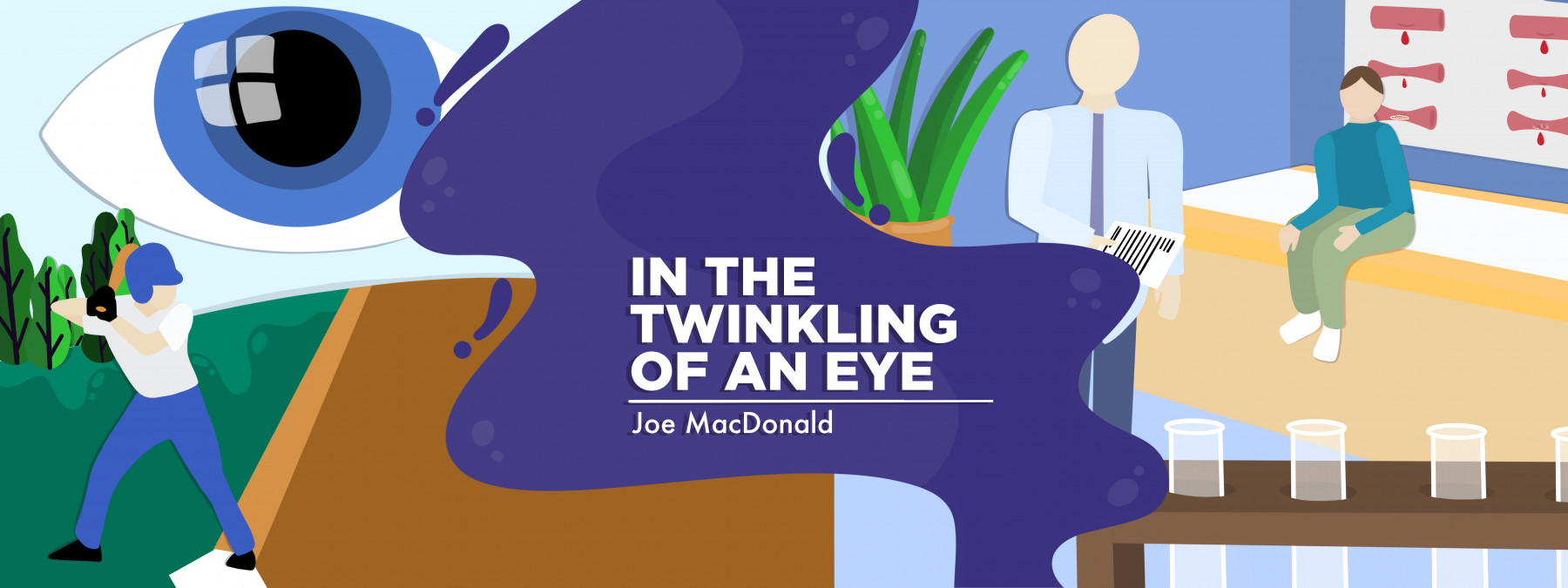Remembering Our Past While Aiming to Do Better in the Future
A columnist encourages readers to let go of prejudice and practice more kindness

Given all the mass shootings, economic uncertainty, and contentious political discourse happening in the United States right now, it’s easy to see that our country is in a state of chaos. Yet, I continue to draw hope from the words of Maya Angelou: “When you know better, do better.” May her words call to light the importance of learning and doing better in our treatment of marginalized communities.
I long for a day when we can all acknowledge and celebrate our differences and give thanks for what we each bring to the table. We are at our best when we share kindness and compassion. I pray that we may do better every day.
As I reflect on our current social crises, I’m reminded of some of the darkest days in the history of the bleeding disorders community. In the 1980s and early ’90s, we experienced a period known as the “hemophilia holocaust.” The HIV/AIDS epidemic was spreading like wildfire, and many people had no idea how the disease was transmitted. Could a person get sick simply by touching the skin of someone infected with HIV? Unfortunately, because the disease disproportionately affected gay men, many televangelists passed it off as a moral issue, a “punishment.” They, in their ignorance, fanned the flames of hatred and mistrust.
During this time, the bleeding disorders community also experienced prejudice firsthand. Factor products had proven a miraculous discovery, as they allowed people with hemophilia to treat spontaneous bleeds using products from donated blood. Little did anyone know that some of the blood supply was contaminated with bloodborne diseases like HIV.
Officials only started screening blood donations for HIV-1 in 1985 and HIV-2 in 1992. Before that, many of those taking factor VIII were infected.
At the center of the AIDS epidemic was a boy named Ricky Ray, who was diagnosed with hemophilia at an early age. His family took care of him and followed the recommended treatment protocol, which included infusions of factor VIII. Unfortunately, Ray tested positive for HIV in 1986.
Although he wanted to go to school and live as normally as possible, Ray’s school district refused to allow him back into the classroom. Remember, many feared the virus and didn’t want to risk exposing other children. The family also faced persecution from their community due to misinformation about the virus — including having their home destroyed by an arsonist. Unfortunately, Ray died in 1992 at age 15 from complications related to AIDS.
The Rays weren’t the only family who had to deal with hateful reactions. Led by militant groups who aimed to sew distrust and misinformation, some political and religious leaders used the contaminated blood supply as proof of moral corruption and God’s wrath against a lawless society. At the center of all the hatemongering were innocent families who were simply treating their children with the medication recommended by leading physicians.
As a result of the hate and prejudice, many families didn’t share their diagnoses. It took many years before people felt safe to share their stories. Over time, advocates began discussing issues that affect our community, such as banning lifetime caps on insurance coverage, protecting the nation’s blood supply, and allowing young adults to remain on their parents’ healthcare policy. All of these issues, once considered taboo, came to light.
I’m still wondering where we as a nation will go from here, but I realize that, little by little, we can fight injustice by advocating for our communities. Fairness requires compassion, understanding, and justice for all, and I hope we can all respect one another and grow in wisdom and kindness. If we choose the path of empathy, together we can do amazing things.
While we remember the dark parts of our story, we must also look forward to make a better life for our loved ones.
Note: Hemophilia News Today is strictly a news and information website about the disease. It does not provide medical advice, diagnosis, or treatment. This content is not intended to be a substitute for professional medical advice, diagnosis, or treatment. Always seek the advice of your physician or another qualified health provider with any questions you may have regarding a medical condition. Never disregard professional medical advice or delay in seeking it because of something you have read on this website. The opinions expressed in this column are not those of Hemophilia News Today or its parent company, Bionews, and are intended to spark discussion about issues pertaining to hemophilia.








Leave a comment
Fill in the required fields to post. Your email address will not be published.